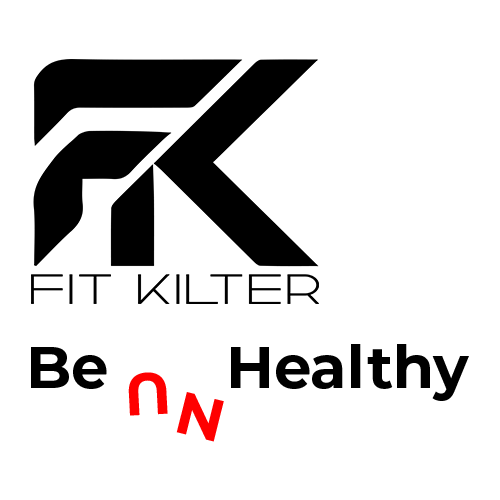Eggs have long been a staple in diets around the world, and for a good reason. Not only are they versatile and delicious, but they also boast an impressive array of nutrients that make them a superfood in their own right. In this blog, we’ll explore the incredible nutritional value of eggs and why they should have a place in your diet.
Protein Powerhouse
Eggs are often considered the gold standard for protein. They provide all the essential amino acids the body needs, making them a complete protein source. A single large egg contains about 6 grams of high-quality protein, making them an ideal choice for muscle maintenance and growth. Whether you’re an athlete, a fitness enthusiast, or simply aiming to meet your daily protein needs, eggs can be a valuable addition to your diet.
Rich in Vitamins and Minerals
Eggs are a dense source of essential vitamins and minerals. They are particularly abundant in B vitamins, including B2 (riboflavin), B5 (pantothenic acid), B7 (biotin), B12 (cobalamin), and choline. Choline is especially critical for brain health and development and plays a role in supporting memory and cognition.
Eggs also contain important minerals like selenium, which acts as an antioxidant, and phosphorus, crucial for strong bones and teeth. They are a good source of iodine, essential for thyroid function and overall metabolic health.
Healthy Fats
Eggs have received some undeserved criticism for their fat content. In reality, the fats in eggs are largely healthy. They contain monounsaturated and polyunsaturated fats, which are heart-healthy and can help reduce the risk of heart disease. Additionally, eggs are a great source of omega-3 fatty acids, particularly when they come from pasture-raised or omega-3-enriched eggs.
Egg Yolks: The Nutrient Powerhouse
The egg yolk is where many of the most essential nutrients are found. It’s the source of vitamins, minerals, and antioxidants like lutein and zeaxanthin, which are vital for eye health and reducing the risk of age-related macular degeneration.
Weight Management
Eggs are often praised for their satiety-inducing properties. Research has shown that a high-protein breakfast, such as eggs, can help control appetite and reduce overall calorie intake throughout the day. This makes eggs a valuable addition to weight management and weight loss diets.
Cholesterol and Heart Health
For years, there was a misconception that eggs could negatively impact cholesterol levels. However, more recent studies have shown that dietary cholesterol in eggs doesn’t significantly affect blood cholesterol levels in most people. In fact, moderate egg consumption may even improve the ratio of “good” HDL cholesterol to “bad” LDL cholesterol, reducing the risk of heart disease.
Egg Quality Matters
Not all eggs are created equal. The nutritional value of eggs can vary depending on the diet and living conditions of the hens. Pasture-raised or free-range eggs tend to have higher levels of omega-3s and antioxidants than conventionally raised eggs.
Incorporating eggs into your diet is easy and delicious. You can enjoy them in various ways – scrambled, poached, boiled, or in omelets. They’re perfect for breakfast, lunch, or dinner and can be paired with a variety of ingredients to create balanced, satisfying meals.
Eggs are not just a delicious and versatile food but also a nutritional powerhouse. They provide an abundance of essential nutrients, high-quality protein, and healthy fats. When consumed as part of a balanced diet, eggs can be a valuable component of a healthy lifestyle. So go ahead, crack an egg, and enjoy the numerous health benefits it has to offer.













